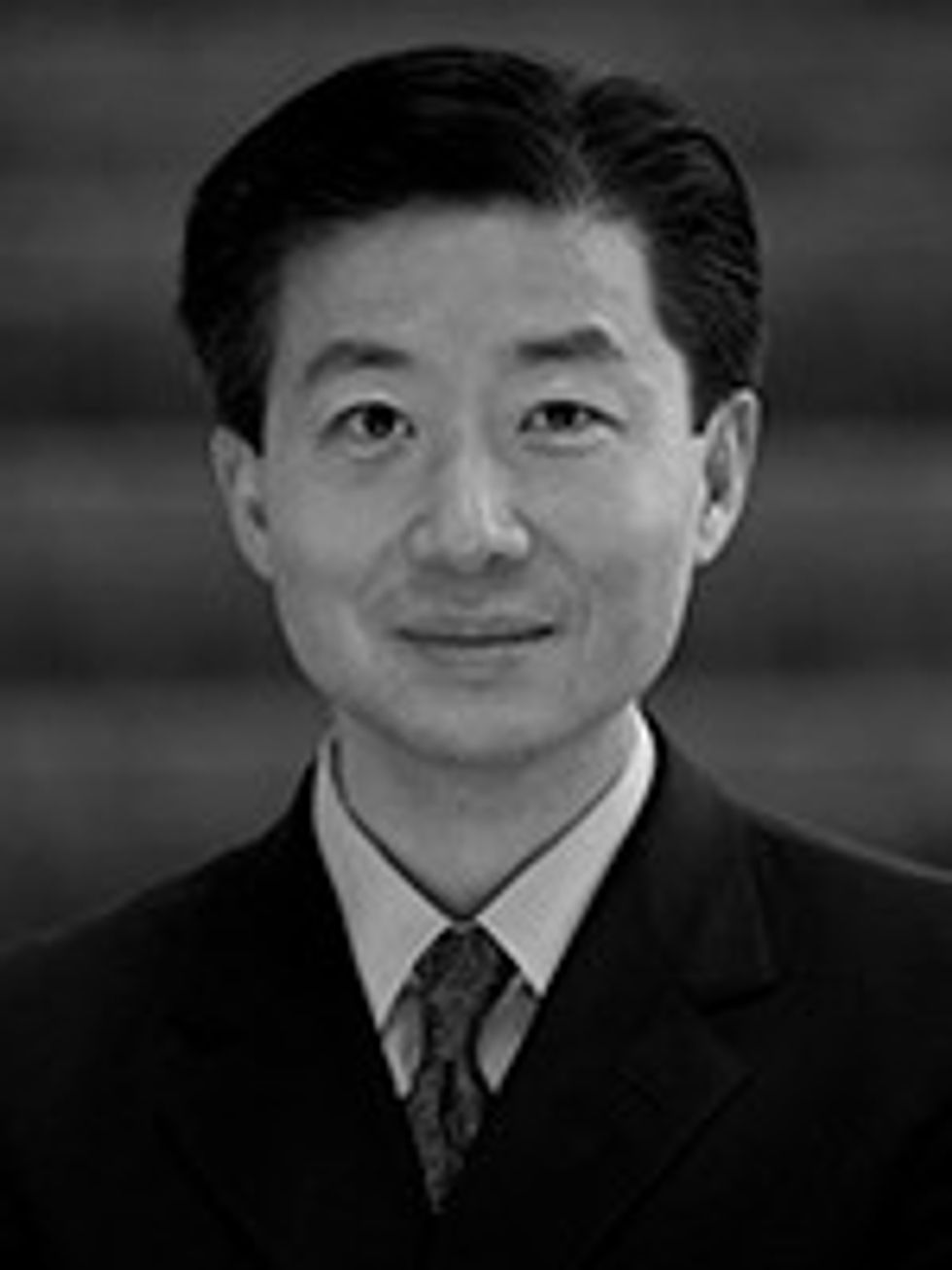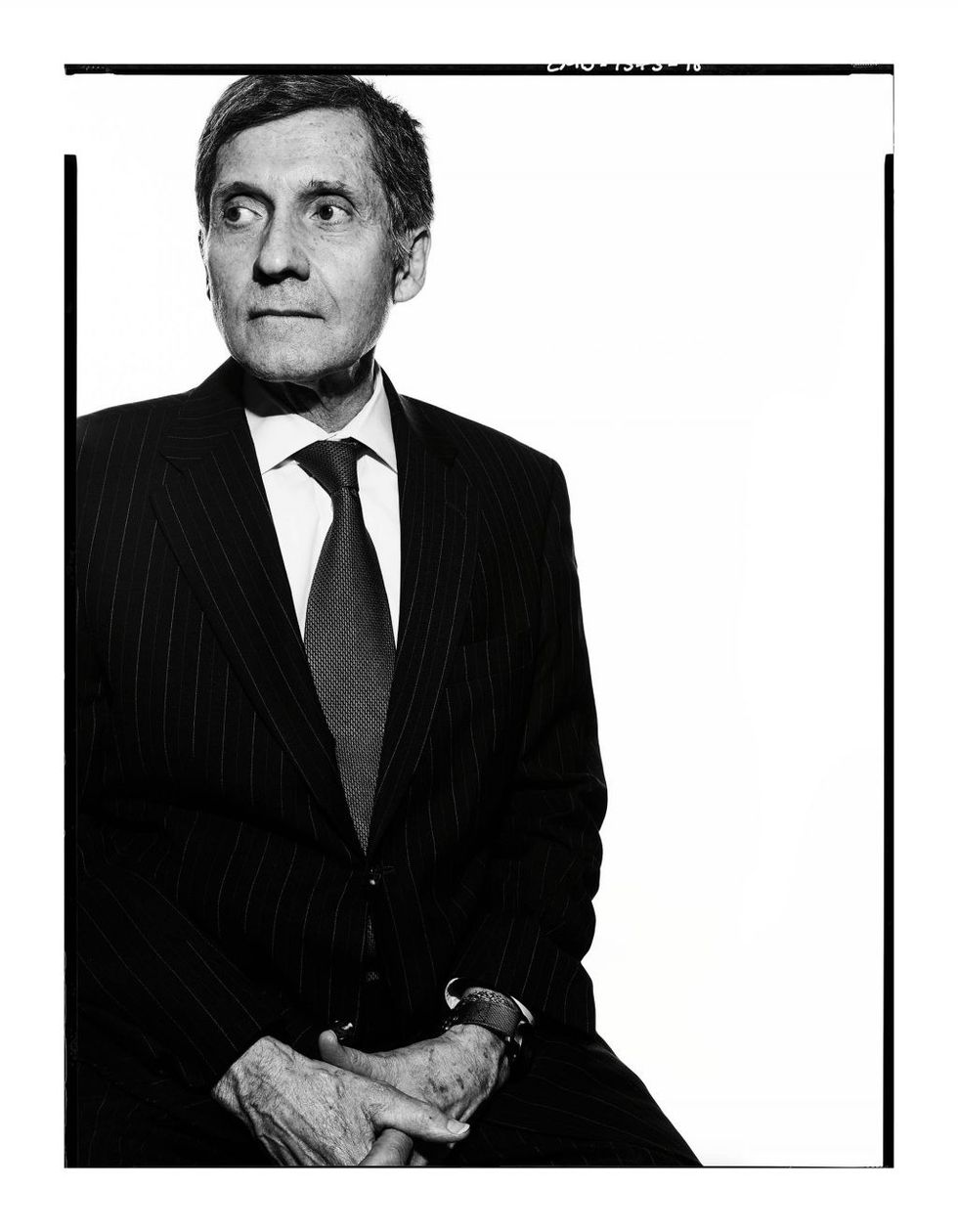Bottom Line: While the Trump administration has recently pressured South Korea on trade practices, the two nations remain united on pushing North Korea toward denuclearization, despite Pyongyang’s attempts to drive a wedge between the two. It is unlikely that their financial disagreements will disrupt that united front, but the money squabbles could turn South Korean public opinion against the U.S., creating public pressure on the South Korean government to take a harder line with Washington, and a more conciliatory line with North Korean leader Kim Jong-Un.
Background: The alliance between South Korea and the United States has supported the peace and prosperity of both nations for more than 60 years.
- The two nations signed the U.S.-ROK Mutual Defense Treaty, in October 1953, two months after the end of the Korean War, agreeing to defend each other in the event of outside aggression. U.S. armed forces have been stationed in South Korea since 1957. South Korea is the third largest host of U.S. military forces, with 23,468 people on duty as of 2017.
- Trade relations deepened in 2007 when the two nations signed the U.S.-Korea Free Trade Agreement, or KORUS FTA, leading to the elimination of more than 90 percent of all bilateral tariffs.
- But during a June 2017 summit, U.S. President Donald Trump complained of a trade deficit with South Korea, and also griped that South Korea had to take on more of the costs associated with stationing U.S. troops in South Korea. Trump further suggested he may ask South Korea to pay more of the cost to deploy and maintain the THAAD missile defense systems that the U.S. has placed near the demilitarized zone to protect against potential North Korean missiles launched towards South Korea.
- South Korean President Moon Jae-In and many of his advisors are advocates of the “Sunshine Policy,” first pursued by former South Korean President Roh Moo-hyun, which seeks peace with North Korea through engagement and building trust, rather than aggressive military posturing and economic sanctions. In June 2017, Moon halted the deployment of four additional THAAD launchers, only to reverse that decision three months later following continued provocative missile tests by North Korea.
- During Kim Jong Un’s New Year’s Day address, the North Korean leader extended an olive branch by offering to send a delegation to the 2018 Winter Olympics, to be held in Pyeongchang. Moon’s administration responded positively to the overture, and the two countries marched together during the opening ceremonies and competed in ice hockey as a single team.
Eunjung Lim, Lecturer in Korea Studies,
Johns Hopkins SAIS
“Ahead of his visit to Washington and his Summer 2017 summit with President Donald Trump, South Korean President Moon Jae-in introduced his ideas on a ‘two-phase approach’ to deal with the North Korean nuclear issue. In order to prevent North Korea from advancing its nuclear and missile capabilities, this approach would first focus its efforts on freezing related activities, then discuss the issue of denuclearization and the peace regime to change the security environment of the Korean Peninsula.”
Issue: Publicly, the U.S. and South Korea are in agreement on an approach to North Korea that U.S. Vice President Mike Pence called “maximum pressure and engagement at the same time.” However, economic tensions generated by Trump’s pursuit of protectionist trade policies – combined with his position that Seoul should shoulder more of the military cost burden of stationing U.S. troops in South Korea – could stir domestic dissent in South Korea and cause friction between the two countries – and give North Korea a fissure to exploit.
- In January, Trump imposed a steep tariff on imported solar panels and washing machines, which was protested by China and South Korea. South Korea’s trade minister said his government plans to file a petition with the World Trade Organization (WTO). Renegotiations of the 2007 KORUS Free Trade Agreement also formally began in January, with the Trump administration seeking to reduce the trade deficit and strike a “better deal” for the United States, and South Korea aiming to minimize concessions.
- Earlier this month, the U.S. Department of Commerce recommended the imposition of high tariffs on steel imports from a dozen countries, including South Korea, in the interest of national security. In response, on Feb. 20, Moon’s administration launched a complaint at the WTO that challenges U.S. anti-dumping duties that were slapped on South Korean steel products and transformers in May 2016.
- In response to increasingly protectionist U.S. trade policies, South Korean officials are calling for a shift in export strategy. Paik Un-gyu, Minister of Trade, Industry and Energy, told reporters on Feb. 20, “I personally think this may not be the end, with more to come. We have to change our export strategy to counter rising U.S. trade protectionism.” The tough comments made publicly show the U.S. focus on trade may have bruised the close working relationship they need to outmaneuver North Korea.
Sung-Yoon Lee, Professor of Korean Studies, Fletcher School, Tufts University
“The U.S. trade deficit with South Korea is not insignificant but kind of small compared to the deficit with Japan or China. With China it’s like $150 billion. With South Korea, its approximately $15 billion. I don’t want to say that’s negligible, but it’s not that serious. North Korea is far more serious.”
- This year, the U.S. and South Korea are expected to enter talks to renegotiate the Special Measures Agreement under which the two nations share the cost of stationing troops in South Korea, which currently pays about half the cost. Trump may, in line with his transactional stance toward U.S. NATO allies and comments made toward Japan, push for South Korea to pay more—as well as shoulder the cost of upkeep on the South Korea-based THAAD missile battery.
- The U.S. and South Korea hoped the Winter Olympics—and North Korea’s participation—would lead to further diplomatic engagement with North Korean leader Kim Jong Un and his regime. U.S. Vice President Mike Pence was set to meet secretly with North Korean officials, but the North Koreans pulled out of the meeting. Kim Jong Un did extend an invitation to Moon to meet in Pyongyang, delivered via his sister, Kim Yo Jung, during the Olympics, likely trying to divide South Korea from its American protector. Moon has not yet accepted the invitation, though he responded, “Let’s create conditions to make it happen,” indicating he is likely to accept. It would be the first meeting between Korean leaders in more than 10 years, and the first involving Kim Jong Un.
Gordon Chang, author of Nuclear Showdown: North Korea Takes On the World
“North Korea, by trying to push the Olympics—and President Moon as well—essentially set back North Korea’s cause. About 75% of South Koreans were upset at the fielding of the joint women’s ice hockey team, because South Korean athletes were kicked off their own team in order to make way for the North Koreans. That did not play very well. That’s a really good thing from the U.S. point of view. You have the South Korean people hemming in their own president. If it were up to Moon, I don’t think there’d be very much left to the alliance, but the South Korean people are telling their president ‘no.’”
Response: Despite recent hiccups in the U.S.- South Korean bilateral economic relationship and public overtures undertaken by North Korea during the Olympics that may have been intended to drive the two apart, the U.S. and South Korea have maintained a publicly united front on the North Korean nuclear threat.
- During a discussion between Pence and Moon at the Olympic Games, Moon “assured Pence he would tell the North Koreans clearly that they would not get economic or diplomatic benefits for just talking — only for taking concrete steps toward denuclearization,” according to The Washington Post, after which Pence “felt confident he could endorse post-Olympic engagement with Pyongyang.”
- Plans for annual joint military exercises, postponed due to the Olympics, will reportedly be announced soon after the Paralympics conclude on Mar. 18. North Korea views these exercises as hostile and aggressive, and may respond to the drills by derailing the current rapprochement with Seoul and/or conducting a new battery of missile tests.
Amb. Joseph DeTrani, former Special envoy for Six Party Talks with North Korea and the U.S. Representative to the Korea Energy Development Organization
"North Korea has not succeeded in putting a wedge between the U.S. and South Korea. We’re in sync. If there is indeed a summit, denuclearization will be discussed and Moon Jae-In will continue to insist that North Korea sit down with the Americans. North Korea is going to have to agree to that. And if they don’t agree, there’s obviously not going to be a summit."
Gordon Chang, author of Nuclear Showdown: North Korea Takes On the World
“The North Koreans are always trying to drive a wedge between the South Koreans and the Americans. That’s nothing new, but the Olympics gave them a really good opportunity to do this. I don’t actually think they’re going to get that far. The Trump administration is being quite flexible, and I think they’re being flexible precisely because they’re worried about the wedge. So, for instance, you had Mike Pence telling The Washington Post that the United States was willing to talk to the North Koreans without preconditions. That’s a major concession from the U.S. and I think that Pence made that concession because Moon wanted those conversations to start and the U.S. was willing to accommodate him. So that was I think some pretty good diplomacy.”
Looking Ahead: The thaw in Korean relations surrounding the Olympics will likely give way to heightened tensions once again, as U.S.-South Korea joint military exercises take place and—more than likely—North Korea returns to test-firing nuclear-capable ICBMs. But economic tension between the U.S. and South Korea could complicate cooperation, and create tension that North Korea will try to exploit.
Amb. Joseph DeTrani, former Special envoy for Six Party Talks with North Korea and the U.S. Representative to the Korea Energy Development Organization
"I think the U.S. and South Korea will work through these issues. Hopefully we’ll find common ground on both sides but I don’t think this will affect our bilateral relationship. I don’t see how we will let economic and trade issues spill into other issues because that other issue is North Korea and nobody wants to see us move in that direction."
Brian Garrett-Glaser is content manager for The Cipher Brief.















